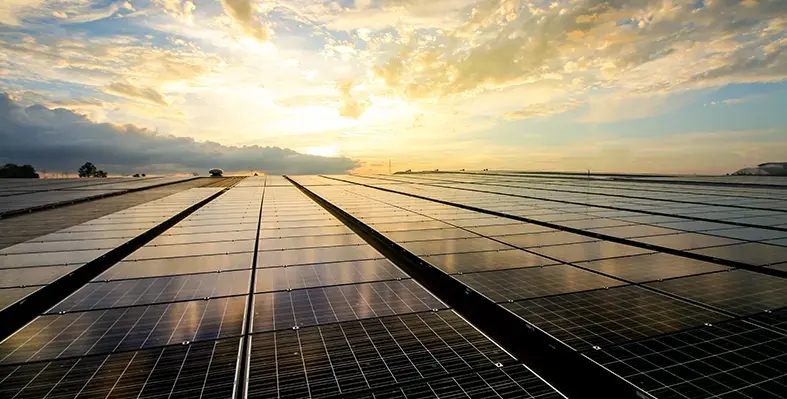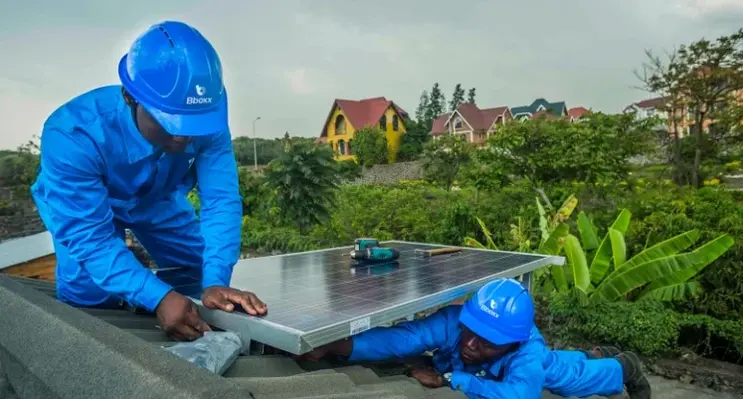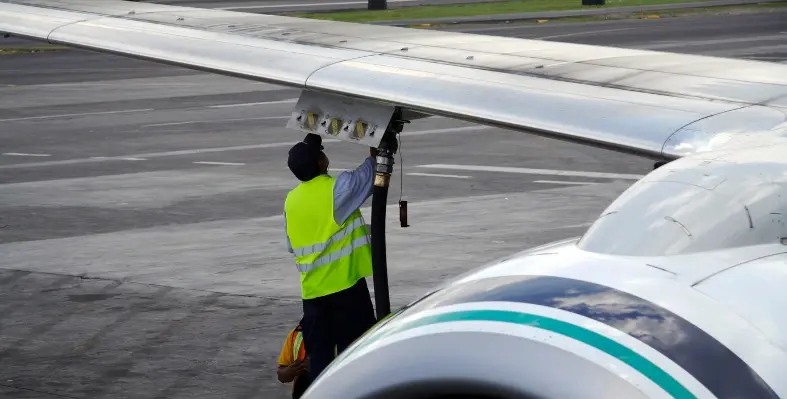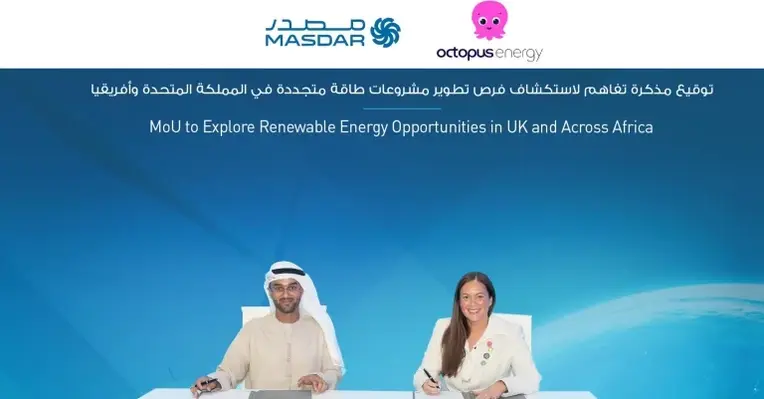As energy reliability and sustainability become critical priorities for commercial and industrial (C and I) operations, JA Solar Technology Co., Ltd. has introduced an advanced Battery Energy Storage System (BESS) designed for on-grid and off-grid C and I microgrids
The integrated PV storage generator solution tackles core energy management challenges, providing a dependable framework for businesses operating in regions with unstable power supply. By combining solar photovoltaic generation, energy storage and backup generators, the system delivers continuous power, cost efficiency and environmental gains.
C and I energy environments face a range of challenges. Unreliable grids and frequent load shedding result in expensive downtime, disrupting operations and productivity. Fluctuating electricity tariffs, alongside dependence on diesel generators, make energy costs volatile and environmentally damaging. In addition, misalignment between solar generation and demand often leads to low self-consumption and energy losses through curtailment. Together, these factors increase operating costs and limit progress toward sustainability goals.
JA Solar’s BESS solution addresses these issues through a set of advanced capabilities. The system supports both AC and DC coupling and enables multi-parallel Power Conversion Systems of up to 3MW. It allows rapid switching from grid-connected to island mode within 20ms using PQ and VF control modes, ensuring uninterrupted power to critical loads during grid outages. A site-level Energy Management System coordinates PV systems, storage units and generators to optimise energy dispatch. This significantly reduces diesel usage while maintaining stable power supply. The black start function enables autonomous system recovery and energy reconstruction, allowing fast restoration following outages.
The benefits are both immediate and wide-ranging. The integrated PV storage generator architecture improves power reliability and overall system stability, reducing the impact of grid failures and load shedding. Energy storage enables peak valley arbitrage, allowing users to store lower-cost energy during off-peak periods and use it during peak demand. This can cut electricity costs by 6 to 12% while lowering reliance on costly backup generation. By smoothing renewable energy fluctuations, the system increases solar self-consumption and reduces curtailment losses.
Safety is a key pillar of the solution. JA Solar applies rigorous battery cell screening, with multi-dimensional selection and testing processes. Multi-layer protection combines electrical, structural and explosion-proof measures, supported by a three-level fire protection design. The company reports zero safety incidents, reflecting a strong safety record. From a cost perspective, the integrated PV storage generator control system optimises total energy expenditure, with low auxiliary consumption, high overall efficiency and a modular design that simplifies operation and maintenance.
Reliability is further reinforced through seamless grid-connected and off-grid switching, black start capability and strong resistance to environmental and electromagnetic interference, supported by an isolated transformer. JA Solar also offers one-stop service and full lifecycle intelligent operation and maintenance support to ensure long-term system performance.
The solution is available across multiple models, including JAP-100kW, JAP-150kW, JAP-250kW, JAG-500kW and JAG-1000kW. Nominal AC power ranges from 100kW to 1000kW, with nominal currents between 144A and 1445A. All models operate at a nominal voltage of 400V with a voltage range of 320 to 460V and a frequency of 50 or 60Hz. Power factor adjustment ranges from 1.0 leading to 1.0 lagging, with overload capacity of 110 percent long term and 120 percent for one minute. On-grid and off-grid switching is completed within 20ms.
PV integration is optional, with MPPT trackers ranging from two on smaller systems to sixteen on the JAG-1000kW model. MPPT rated power spans from 150kWp to 1200kWp. Battery systems use 3.2V 280Ah LFP cells, with configurations from 1P240S to 10P240S and nominal energy capacities from 215kWh to 2150kWh. All systems feature IP54 protection, intelligent air cooling and operation at altitudes up to 2000m, with derating above this level. Fire suppression uses aerosol systems for smaller units and HFC-227ea for larger models, while EMS communication is supported via RS485 and TCP/IP. MPPT and battery configurations can be customised to meet project-specific requirements.
JA Solar’s BESS solution demonstrates a future-ready approach to C and I microgrids, combining safety, efficiency and resilience.
For inquiries, contact


















